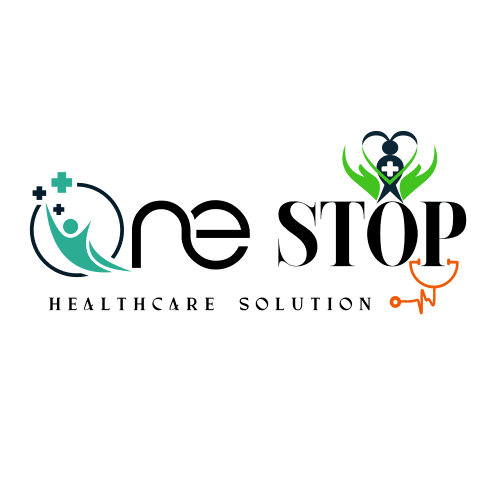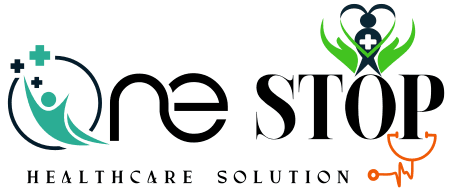Cataract Surgery
in Mumbai
Facing vision issues due to cataracts? At One Stop Healthcare Solution, we help you find top ophthalmologists in Mumbai specializing in cataract surgery in Mumbai. Whether you need a laser eye surgery for cataracts, a traditional catrex eye operation, or want to compare the cataract eye surgery cost in Mumbai, we provide the information and support you need to make the best choice for your eye health.
Latest Procedure
Expert Surgeons
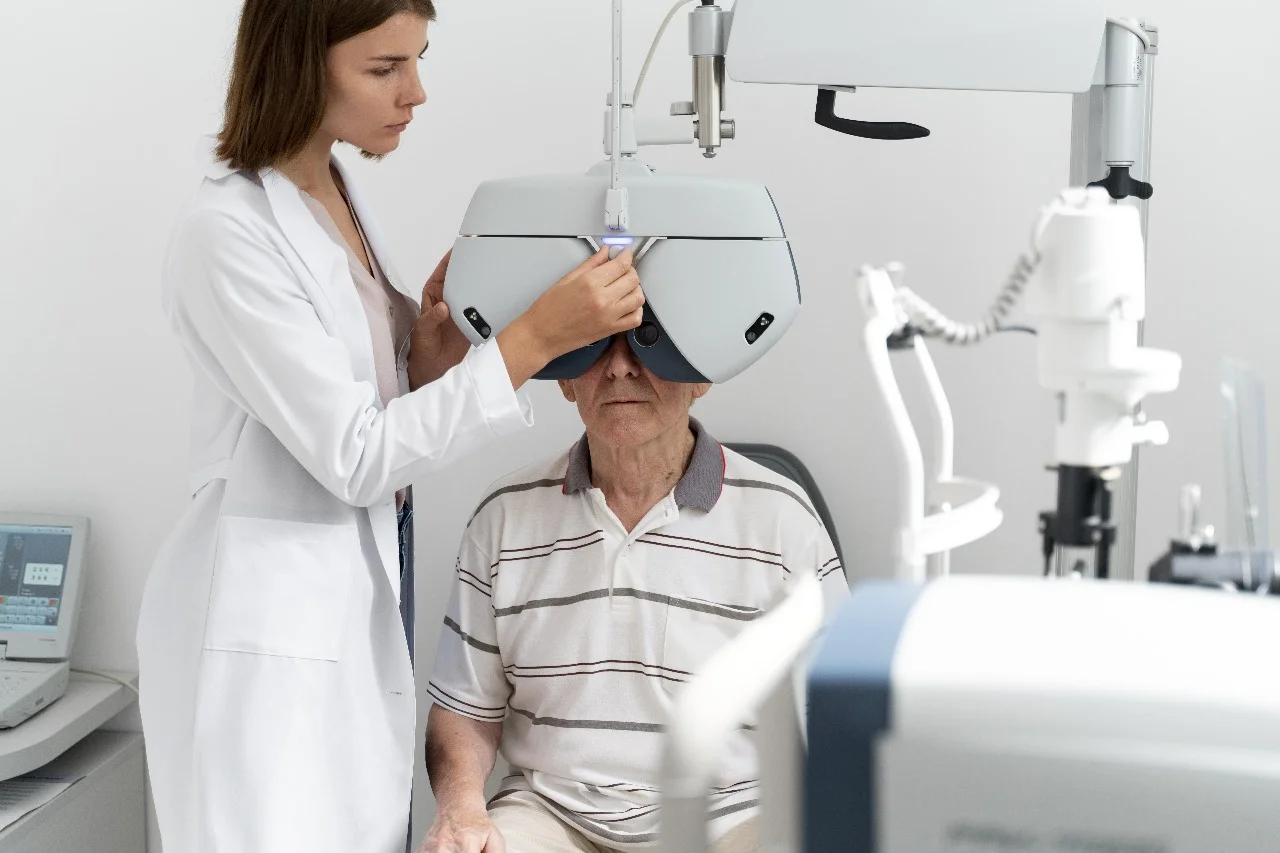
Find the Best Cataract Surgeon in Mumbai
Struggling with blurry or impaired vision due to cataracts? Cataract surgery can restore your clarity and quality of life. At One Stop Healthcare Solution, we make it easy for you to find top ophthalmologists in Mumbai who specialize in advanced cataract eye surgery. Here’s how we help:
- Find the Best Eye Surgeons: Search and compare the top ophthalmologists near me based on experience, patient reviews, and success rates.
- Book Hassle-Free Appointments: Schedule your consultation with a trusted specialist for cataract surgery without long waiting times.
- Compare Cataract Eye Surgery Costs: Get transparent details about the motibindu operation cost in Mumbai and choose the best treatment option within your budget.
- Access Leading Hospitals & Clinics: We connect you with the best medical facilities for cataract surgery in Mumbai, ensuring top-quality care.
Don’t let cataracts affect your vision any longer. Contact us today to find the best cataract surgeon in Mumbai and take the first step towards clear, vibrant vision!
Request a Call Back
Cataract Surgery: Things To Know
Here are the main types of cataract surgery:
- Phacoemulsification (Phaco): The most common method, using ultrasound to break up and remove the cataract through a small incision, followed by an IOL implant.
- Laser-Assisted Cataract Surgery: Uses a femtosecond laser for precise steps like creating incisions and breaking up the lens, offering improved accuracy and faster recovery.
- Extracapsular Cataract Surgery: Used for advanced cataracts, where the lens is removed in one piece through a larger incision, followed by an IOL implant.
- Small Incision Cataract Surgery: Involves a smaller incision and quicker healing with less risk of complications.
Manual Cataract Surgery: An older method with a larger incision, typically used in complex cases.
Cataracts can develop due to several factors, including:
- Aging: The most common cause, as the proteins in the eye’s lens break down and clump together over time, leading to cloudiness.
- Genetics: A family history of cataracts can increase the risk of developing them earlier in life.
- Trauma or Injury: Eye injuries can lead to cataract formation, sometimes years after the injury.
- Health Conditions: Conditions like diabetes or high blood pressure can increase the risk of cataracts.
- Medications: Long-term use of certain medications, like steroids, can contribute to cataract formation.
- Exposure to UV Light: Prolonged exposure to the sun’s ultraviolet rays can increase the risk of cataracts.
- Smoking and Alcohol Use: Both habits can accelerate cataract development by increasing oxidative stress in the eye.
- Poor Nutrition: Lack of antioxidants and essential vitamins in the diet can also increase the risk of cataracts.
Other Eye Conditions: Conditions like glaucoma or previous eye surgeries can also increase the likelihood of developing cataracts.
- Blurred or Cloudy Vision: Vision becomes hazy, making it harder to see clearly.
- Increased Sensitivity to Light: Bright lights or glare may cause discomfort.
- Difficulty Seeing at Night: Night vision worsens, making driving or walking in low light challenging.
- Faded or Yellowed Colors: Colors may appear dull or less vibrant.
- Double Vision in One Eye: Seeing multiple images from one eye, especially in advanced cases.
- Frequent Prescription Changes: Needing new glasses or contact lenses often.
- Halos Around Lights: A ring of light or glare may appear around bright objects.
- Difficulty Reading or Seeing Fine Details: Small text or intricate details become harder to see.
If you experience these symptoms, consult our eye specialist in Mumbai for evaluation and possible treatment.

Laser Cataract Surgery in Mumbai
Laser cataract surgery is an advanced and precise method for treating cataracts, which occur when the eye’s natural lens becomes clouded, leading to vision impairment. Unlike traditional cataract surgery, laser cataract surgery uses a femtosecond laser to make precise incisions in the cornea, break up the cataract, and soften the lens. This laser technology enhances the accuracy of the procedure, reduces the risk of complications, and allows for faster recovery and less discomfort for the patient. The laser also helps create a more precise and controlled environment for the surgeon, leading to better outcomes. After the cataract is removed, an artificial intraocular lens (IOL) is implanted to restore clear vision.
You can experience the benefits of advanced laser cataract surgery at One Stop Healthcare Solution in Mumbai. Contact us today to schedule your consultation and take the first step towards clearer vision!
What to Expect During Your Cataract Surgery
01

Pre-Surgery Preparation
You will be given eye drops to dilate the pupil and possibly sedatives to help you relax. Local anesthesia will be applied to numb the eye, so you won’t feel pain during the surgery.
02
Surgical Procedure
The surgeon makes a small incision in the cornea to access the clouded lens. In laser cataract surgery, a femtosecond laser is used to make precise incisions and break up the cataract. The lens fragments are then gently removed using ultrasound or laser-assisted techniques.
03

Implanting the IOL
After the cataract is removed, an intraocular lens (IOL) is inserted to replace the natural lens. This lens helps restore clear vision.
04

After Surgery
You’ll be monitored for a short period post-surgery to ensure everything is stable. Your eye may feel slightly scratchy or irritated, and your vision may be blurry for a few days as it heals. Most people can resume normal activities within a day or two, but it’s essential to follow your doctor’s aftercare instructions for the best recovery.
Reasons to Choose Our Cataract Surgery in Mumbai?
Choosing the best cataract surgery in Mumbai means selecting expert care that prioritizes your vision and comfort. At One Stop Healthcare Solution, we bring you the finest ophthalmologists specializing in advanced cataract procedures. Here’s why we’re the right choice for your cataract surgery:
- Experienced Specialists: Our team of highly qualified and experienced eye surgeons ensures precision and optimal outcomes for your cataract treatment.
- State-of-the-Art Technology: We use the latest laser-assisted and traditional surgical techniques to provide safer, more accurate procedures that minimize recovery time.
- Personalized Care: From initial consultation to post-surgery follow-ups, we tailor your treatment to meet your specific needs and guide you through every step.
- Comprehensive Services: Our services cover everything you need for a successful cataract surgery, including pre-surgery assessments, expert surgery, and thorough aftercare.
- Patient Comfort and Safety: We focus on providing a comfortable and stress-free experience, ensuring your safety and peace of mind throughout the process.
Experienced Specialists
State-of-the-Art Technology
Personalized Care
Comprehensive Services
Patient Comfort and Safety
How to Find the Best Specialist for Cataract Surgery in Mumbai?
Choosing the right eye surgery cataract near me requires careful consideration of the following:
- Experience of the Ophthalmologist: Opt for a top ophthalmologist in Mumbai with expertise in cataract eye surgery.
- Technology Used: Advanced techniques like laser eye surgery for cataracts ensure safer and more precise results.
- Hospital or Clinic Reputation: Ensure the facility has modern equipment and a good track record in performing cataract surgery in Mumbai.
- Cost and Insurance Coverage: Compare cataract eye surgery costs in Mumbai and check for insurance or medical financing options
We connect you with highly experienced specialists for cataract surgery. Whether you need cataracts surgery near me for a routine procedure or advanced laser eye surgery for cataracts, we ensure you receive the best possible care.
Schedule Your Consultation Today!
Looking for a safe, quick, and effective LASIK eye surgery in Mumbai? We’re here to help you achieve clear vision without glasses.
Frequently Asked Questions
Cataract surgery is a medical procedure to remove the clouded lens of your eye caused by cataracts and replace it with a clear, artificial intraocular lens (IOL). This surgery restores vision clarity and helps improve daily life by eliminating the vision impairment caused by cataracts.
Cataract surgery is recommended when cataracts start interfering with your ability to perform everyday tasks, such as reading, driving, or watching television. Symptoms like blurry vision, glare from lights, or reduced color perception are common indicators.
Yes, cataract surgery is one of the safest and most commonly performed procedures worldwide. Advances in technology, such as laser-assisted techniques, have made the surgery even safer and more effective, with minimal complications.
- Phacoemulsification (Phaco): Uses ultrasound to break up the cloudy lens before removal.
- Femtosecond Laser-Assisted Cataract Surgery: Utilizes laser precision for incisions and cataract fragmentation.
- Extracapsular Cataract Extraction (ECCE): Removes the lens in one piece, typically for advanced cataracts.
Symptoms include:
- Blurred or cloudy vision
- Sensitivity to light and glare
- Difficulty seeing at night
- Faded or yellow-tinted colors
- Halos around lights
- Frequent changes in glasses or contact lens prescriptions.
Risks are rare but may include:
- Infection or inflammation
- Retinal detachment
- Increased eye pressure
- Cloudiness of the lens capsule (PCO), treatable with a simple laser procedure.
Preparation includes:
- Comprehensive eye tests to measure lens size and shape.
- Stopping blood-thinning medications if instructed.
- Arranging for someone to drive you home after surgery.
Yes, certain IOLs can address other refractive errors like astigmatism, nearsightedness, or farsightedness, improving your overall vision.
Cataracts are most common in individuals over 60, though they can develop earlier due to genetics, diabetes, eye injuries, or prolonged exposure to UV light.
If cataracts are interfering with your daily life, such as reading, driving, or recognizing faces, it’s time to consult an eye specialist for an evaluation.
Regular check-ups are necessary to monitor healing. You’ll also need to use prescribed eye drops to prevent infection and reduce inflammation.
- Femtosecond Laser Technology: For precision and minimally invasive surgery.
- Premium IOLs: For personalized vision correction.
- Modern Microsurgery Techniques: Ensures safety and faster recovery.
If you have additional concerns, consult a cataract specialist for a personalized treatment plan.
The surgery itself typically takes 15-30 minutes per eye. However, you may need to stay at the clinic for a few hours for preparation, the procedure, and post-operative care.
No, cataract surgery is not painful. Local anesthesia in the form of eye drops or an injection numbs the eye, and most patients report feeling only mild pressure during the procedure.
Initial recovery takes about 1-2 days, during which you may experience mild discomfort, itching, or redness. Most people resume daily activities within a week, but full recovery and vision stabilization may take 4-6 weeks.
- Surgical: Cataract removal and replacement with an artificial lens is the only permanent solution. Techniques include phacoemulsification and laser-assisted surgery.
- Non-Surgical: While surgery is the definitive treatment, early cataracts may be managed with stronger eyeglasses, magnifying lenses, or improved lighting until surgery is necessary.
- Monofocal Lenses: Clear vision at a single distance.
- Multifocal Lenses: Provides clear vision at multiple distances, reducing the need for glasses.
- Toric Lenses: Corrects astigmatism.
- Accommodative Lenses: Adjusts focus like a natural lens.
Cataracts do not return after surgery. However, some patients develop posterior capsule opacification (PCO), a clouding of the lens capsule, which can be easily treated with a laser procedure called YAG laser capsulotomy.
The cost varies based on the type of surgery, the hospital, and the lens chosen. Prices generally range between ₹20,000 to ₹1,50,000 per eye, depending on the complexity of the procedure.
It depends on the type of IOL used. Monofocal lenses may require glasses for near or distance vision, while multifocal and toric lenses reduce dependency on glasses significantly.
Non-surgical options like glasses or contact lenses can help manage mild cataracts. However, surgery is the only way to permanently remove cataracts.
Look for an experienced surgeon with expertise in advanced techniques, modern equipment, and positive patient reviews.
Most surgeons recommend treating one eye at a time, with a gap of at least 1-2 weeks between surgeries to ensure proper healing.
Our Specialties

Proctology
Care for conditions like hemorrhoids, anal fissures, and other rectal issues. It includes diagnosis, minimally invasive procedures, and follow-up care for comfort and recovery.
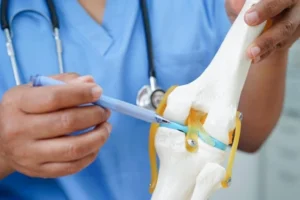
Orthopedic Treatment
Treatment for joint pain, bone fractures, and muscle problems. It includes tests, non-surgical options, and surgical treatment if needed.

ACL Injury
Care for ACL injuries with treatments like physical therapy, arthroscopic surgery, and ligament reconstruction. It includes diagnosis, personalized treatment plans for full recovery.

Spine Surgery
Surgery for back problems like herniated discs and scoliosis. It includes consultations, surgery, and follow-up care for recovery.

Hip Replacement
Advanced surgery options to fix hip pain and improve mobility. It includes pre-surgery care, surgery, and post-treatment support.

Ligament Tear
Treatment options for torn ligaments, including surgery and therapy. It includes diagnosis, surgery, and rehabilitation for healing.
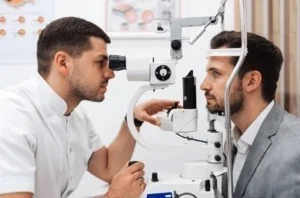
Ophthalmology
Treatments for vision problems, eye diseases, and regular check-ups. It includes eye exams, treatments, and surgeries for better eye health.
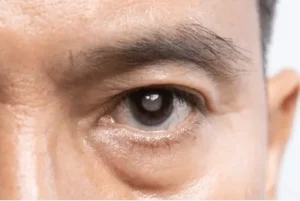
Cataract Surgery
Safe cataract removal surgery for clearer vision. It includes eye tests, surgery, and post-surgery care to help you see better.

LASIK
LASIK surgery for clearer, glasses-free vision. It includes eye tests, laser treatment, and post-surgery care.
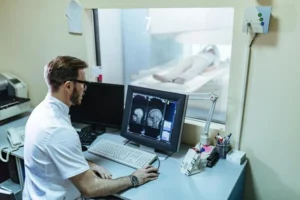
Oncology
Treatment for different types of cancer, including surgery, chemotherapy, and radiation. It includes diagnosis, treatment plans, and patient support.
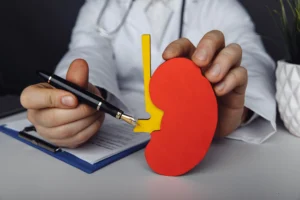
Kidney Stones
Treatment for kidney stones, including laser surgery and other methods. It includes diagnosis, treatment, and recovery support.

Hernia
Care for hernia conditions with treatments like laparoscopic surgery, open repair, and mesh repair includes diagnosis, treatment plans, and post-surgical support for a smooth recovery.

Varicose Vein
Treatments like laser therapy, sclerotherapy, and surgery to improve circulation and ease discomfort. It includes diagnosis, treatment plans, and support before and after treatment.

Knee Replacement
Experience advanced knee replacement surgery with our expert orthopedic surgeons. Trust us for comprehensive care and personalized treatment plans tailored to your needs.

Gall Stone Treatment
Our specialized team offers effective solutions for gallstones, including minimally invasive procedures to remove stones and alleviate discomfort.

Health Checkup in Mumbai
We provide comprehensive health checkup in Mumbai with thorough evaluations, including essential screenings and diagnostic tests, to detect potential health issues early.

Home Health Care Service
Enjoy professional healthcare in the comfort of your home, including nursing care, physiotherapy, and medical assistance.
